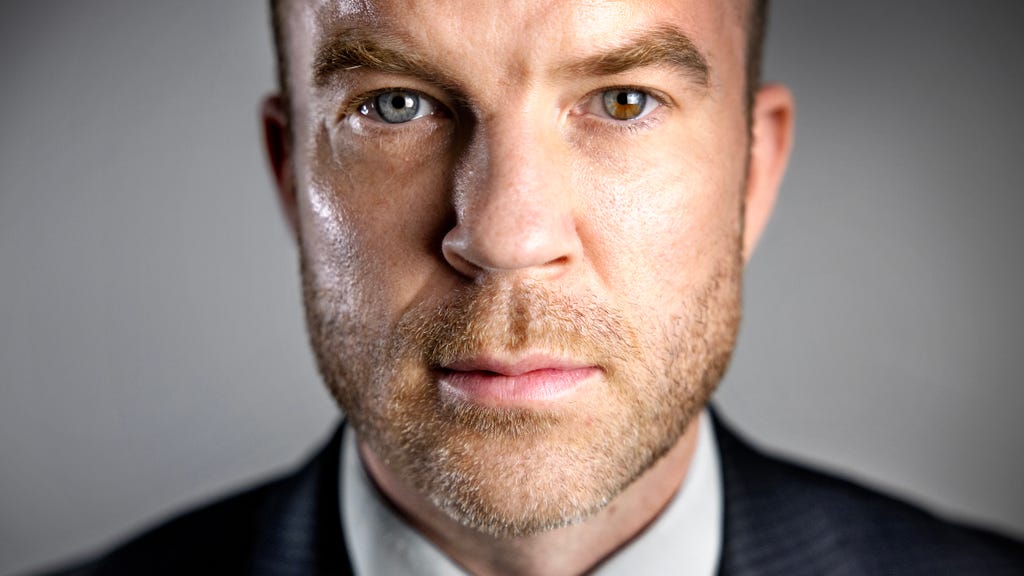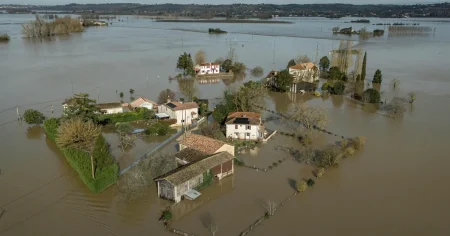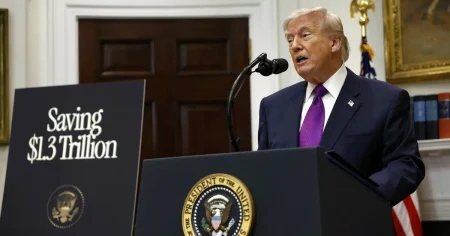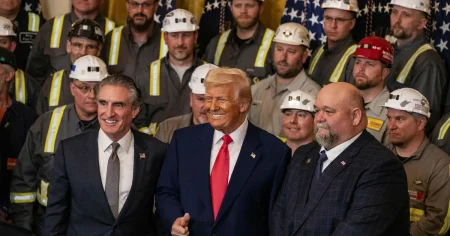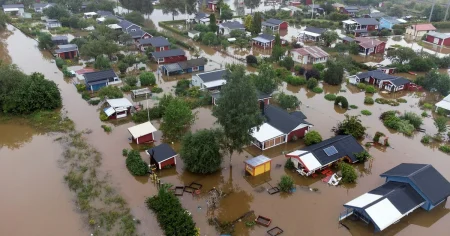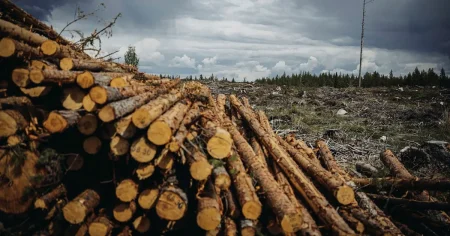Linus Gardell’s journey to becoming a prominent advocate for climate activists, known for his sharp suits and partnership in a successful law firm, is a remarkable tale that contrasts sharply with his tumultuous upbringing. His childhood, marked by instability and uncertainty, offered little indication of the path he would eventually forge. He never envisioned himself in the legal profession, let alone as a champion for those engaging in civil disobedience to bring attention to the climate crisis. Yet, today, he stands as a staunch defender of these activists, often facing criticism for his unwavering support of sometimes controversial protest tactics. Gardell’s commitment to their cause stems from a deep-seated belief that their actions, though disruptive, are essential for safeguarding the future of the planet and that the harsh penalties they face represent a threat to democratic principles.
Gardell’s work focuses on providing legal representation and counsel to climate activists who face prosecution for their involvement in protests, often involving acts of civil disobedience. These protests, designed to disrupt the status quo and force a reckoning with the urgency of the climate crisis, frequently lead to arrests and charges. He argues that the severity of the punishments being meted out – often involving hefty fines and even imprisonment – is disproportionate to the alleged offenses and serves to stifle legitimate dissent. He believes that the criminalization of these activists, who are motivated by a profound concern for the planet’s well-being, sets a dangerous precedent, potentially chilling free speech and undermining the very foundations of a democratic society. Gardell sees these activists not as criminals but as individuals exercising their fundamental right to protest and push for change in the face of what they perceive as an existential threat.
Central to Gardell’s argument is the concept of necessity defense, a legal principle that allows individuals to justify otherwise illegal actions if they were taken to prevent a greater harm. He contends that the climate crisis presents a clear and imminent danger, justifying the disruptive tactics employed by activists. In his view, the potential consequences of inaction on climate change – including widespread environmental devastation, societal collapse, and mass displacement – far outweigh the temporary disruptions caused by protests. He argues that by raising awareness and pressuring governments and corporations to take decisive action, these activists are acting in the best interests of society as a whole, even if their methods sometimes clash with established legal norms. He believes the courts should recognize the urgency of the climate crisis and consider the necessity defense when adjudicating these cases.
Gardell’s advocacy extends beyond individual cases, encompassing broader critiques of the legal system and its response to climate activism. He challenges the prevailing narrative that frames these activists as lawbreakers, arguing instead that they should be seen as conscientious objectors striving to protect the planet for future generations. He criticizes the tendency to focus on the legality of their actions rather than the underlying motivations and the gravity of the climate crisis itself. He believes the legal system, by prioritizing the protection of property and order over the urgent need for climate action, is failing to adequately address the existential threat facing humanity. He advocates for a more nuanced and context-sensitive approach to these cases, one that recognizes the legitimate concerns of the activists and the unprecedented nature of the climate crisis.
Furthermore, Gardell emphasizes the importance of upholding democratic principles in the face of the climate crisis. He argues that restricting the right to protest, particularly when the issue at stake is as critical as the future of the planet, sets a dangerous precedent and could erode the foundations of a free and open society. He sees the increasing criminalization of climate activism as a troubling sign, suggesting a growing intolerance for dissent and a reluctance to engage with the urgent demands for systemic change. He warns that silencing these voices could have dire consequences, not only for the climate movement but for the health of democracy itself. He stresses that open dialogue, public debate, and even disruptive protests are essential components of a functioning democracy and that suppressing these avenues of expression ultimately undermines the ability of citizens to hold their governments accountable.
In conclusion, Linus Gardell’s journey from a turbulent childhood to becoming a prominent legal defender of climate activists is a testament to the transformative power of personal conviction. He stands as a vocal critic of the heavy-handed legal response to climate protests, arguing that the severe penalties imposed on activists are not only unjust but also threaten the very fabric of democracy. He champions the necessity defense, asserting that the dire consequences of climate inaction justify the sometimes disruptive tactics employed by activists. His unwavering commitment to their cause stems from a deep-seated belief that their actions, while sometimes controversial, are ultimately aimed at safeguarding the planet and ensuring a sustainable future for all. Gardell’s advocacy work serves as a powerful reminder that the fight against climate change is not just an environmental issue but a fundamental struggle for social justice and the preservation of democratic values.





